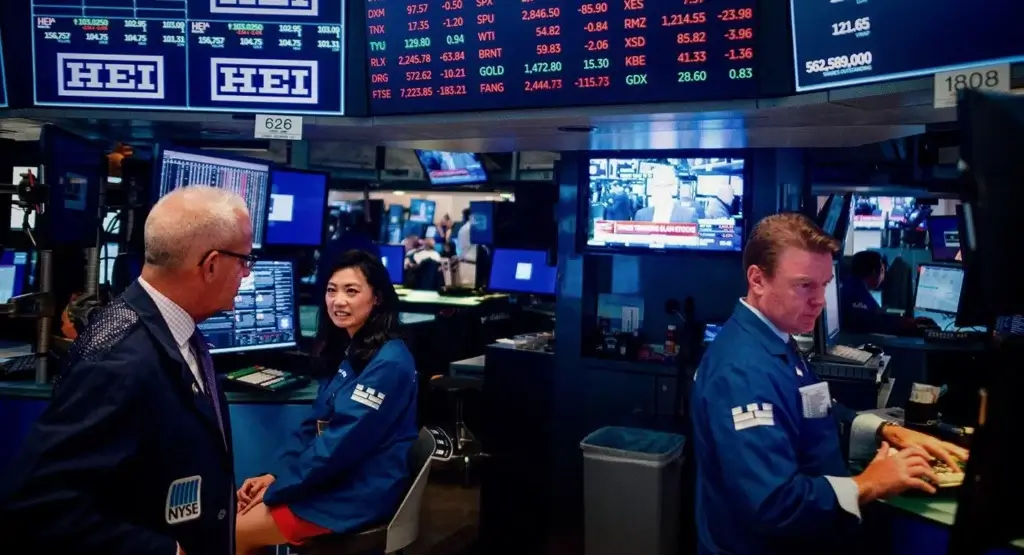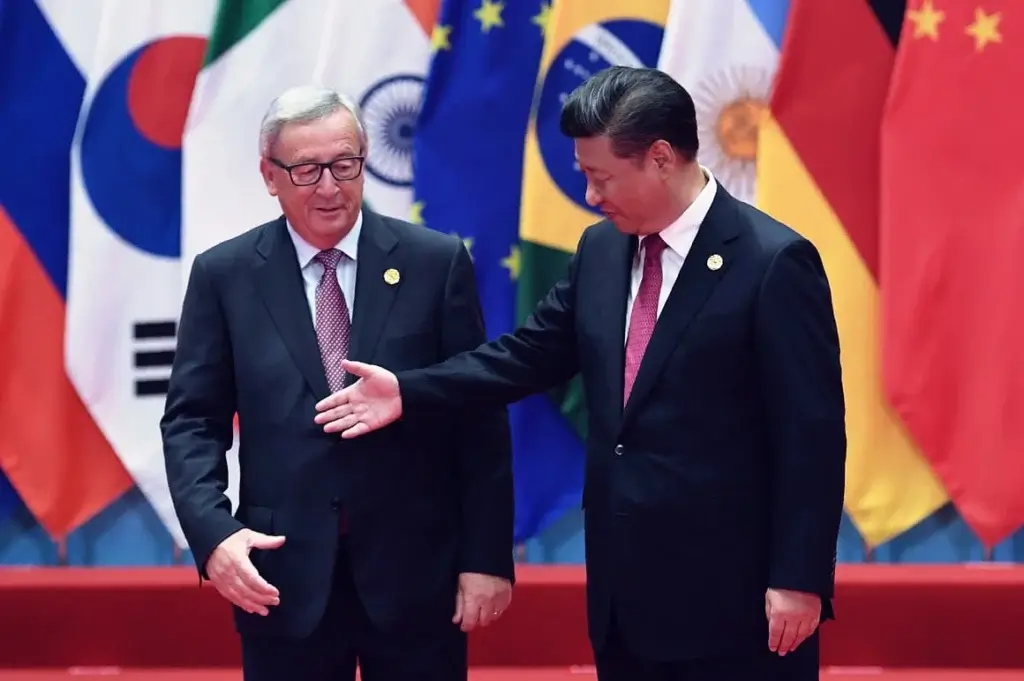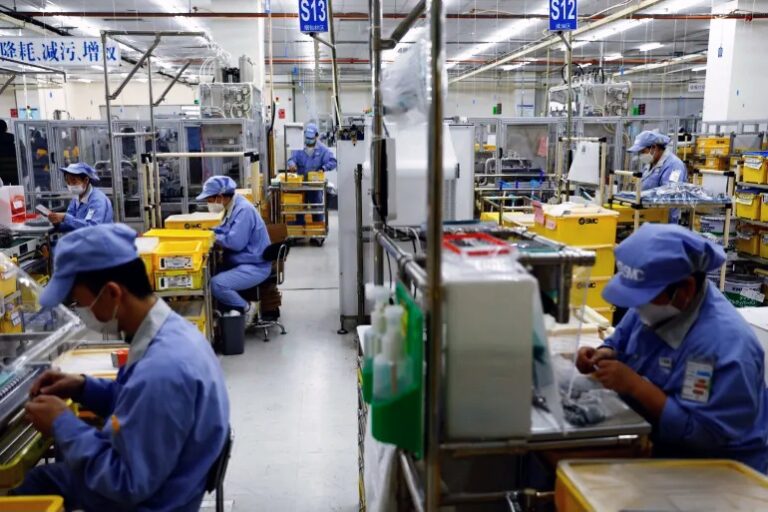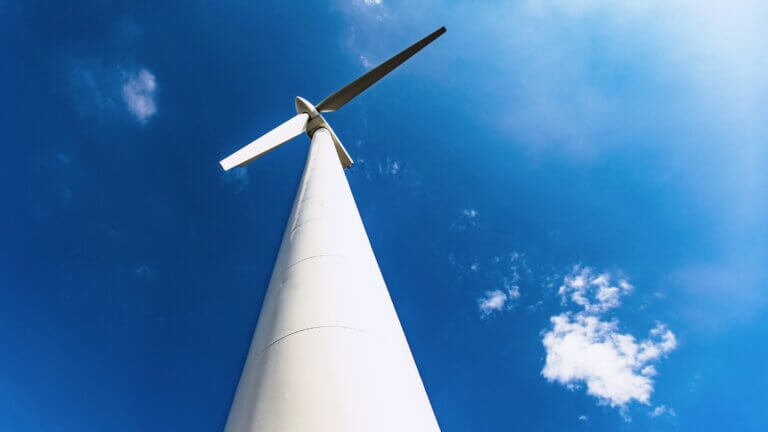In the year 2025, increasing diplomatic and Trade tensions between the EU and China are taking global politics to a new turn. Is this the beginning of a new Cold War? This question is being raised because now this dispute is not limited to only Trade tensions between the EU and China but has reached serious issues like technological dominance, supply chain control, geopolitical intervention and strategic distrust. The EU believes that China has become not just a trading partner but a “systemic competitor” that is challenging global rules and values.

A major cause for this tension is “Rare Earth Elements“, of which China has the largest supply in the world. These minerals are used in phones, batteries, missiles and electric vehicles.
This monopoly position of China has troubled the European Union, because if China stops their export, then Europe’s entire technology industry may come to a standstill. This would not be just an economic crisis, but a direct threat to European security and competitiveness. Europe is now looking at alternate supply sources, such as Africa, Australia and India, but this will take time.
In this context, the EU’s decision to enforce tariffs on electric vehicles and solar panels imported from China is a strategic decision. The European Commission allegations that China has provided heavy subsidies to its companies, making their products extremely cheap and that they are “dumping” the European market. Although the tariffs could further strain Trade tensions between the EU and China, they are viewed as a necessary step to protect European manufacturing industries.
Trade tensions between the EU and China role in the Russia–Ukraine war also remains a center of dispute. Even though China did not directly interfere in the war, the EU is suspected of providing technical, economic and perhaps limited military support to Russia. This has hardened Europe’s strategy toward China and it is now seen as a “hidden enabler” rather than a neutral power. This situation is deeply damaging diplomatic confidence between the two sides.
In this complicated scenario, India can emerge as a potential alternative. Europe is now looking for nations that are politically stable, democratic and productive – and India meets all these criteria. India, which is already strengthening the manufacturing sector through ‘Make in India’ and ‘PLI Scheme’, can now become an attractive manufacturing hub for European companies. The recent establishment of the Trade and Technology Council (TCT) between India and the EU is a big sign in this direction.



